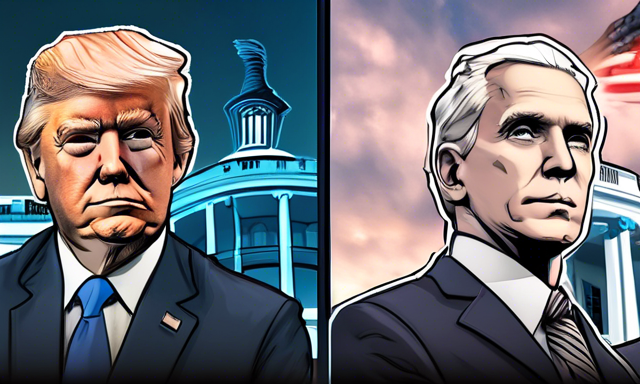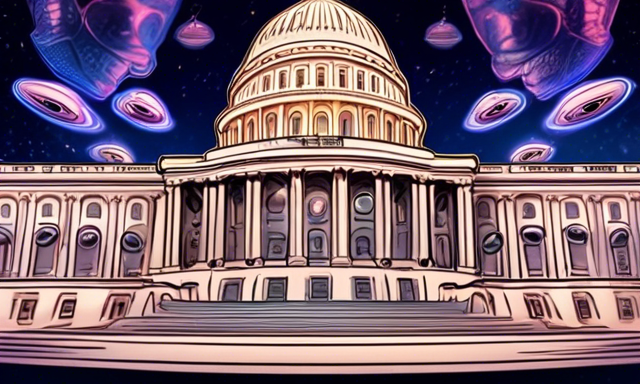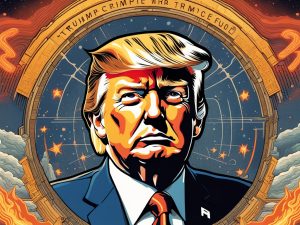The Stalemate on Stablecoin Legislation: McHenry vs. White House
The much-anticipated legislation on stablecoins in the United States has hit a roadblock, leaving many wondering who is to blame for the stalemate. Is it the White House or House Financial Services Committee Chair Patrick McHenry?
Key Points:
- Patrick McHenry attributes the deadlock to the White House’s obstinacy, while the committee’s leading Democrat suggests that McHenry himself brought the discussions to a halt.
- McHenry intended to announce a consensus on stablecoin legislation with Maxine Waters, but the White House’s refusal to compromise derailed the negotiations.
- After 15 months of discussions, a bipartisan agreement was almost achieved, but various disruptions and disagreements prevented a resolution.
- Maxine Waters criticizes the current draft of the stablecoin bill, calling it “deeply problematic and bad for America,” and raises concerns about state regulators greenlighting stablecoin issuances without the involvement of the Federal Reserve.
- The Republicans’ stablecoin bill faced intense scrutiny during markup, with Republicans advocating for its progression and Democrats expressing reservations.
Hot Take:
The stalemate on stablecoin legislation highlights the challenges of achieving bipartisan consensus in the US. The disagreement between McHenry and the White House, as well as the criticism from Waters, demonstrate the complexity of regulating stablecoins. It remains to be seen how this deadlock will be resolved and what impact it will have on the future of stablecoin regulation in the country.





 By
By
 By
By
 By
By

 By
By